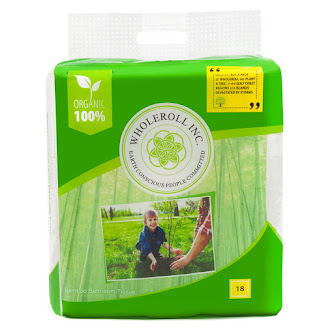A considerable impact on our sustainable future is made
by the choices we make at the checkout.
By showing our desire for sustainable choices to retailers
and manufacturing businesses, we will create a demand for more of them. As a result, when we shop for food
and grocery, electrical appliances or furniture, we’ll have more
environmentally friendly or sustainable options. As a consumer your purchase habits influence how a company creates and markets their products. You have more influence than you know in what can be placed on shelves.
So how is sustainability a factor in consumer purchases and prices.
We must be mindful that every item you purchase travels long
distances to get to your local store shelves. The long distances that these items travel has an impact on
the environment and the economy.
However, the effect does not end here as you have to eventually
be responsible for the product’s disposal, or at the bare minimum, the disposal
of all the packaging that came with it after you take it home. Therefore,
before loading up your shopping cart, ask yourself the following questions.
·
Is this item shipped from far away, leaving a
big carbon footprint?
·
Is it really worth the time spent earning the
money to buy it?
·
Is it made of renewable or recycled materials?
·
Is it over packaged with materials that just get
thrown away?
·
How long will it last (and does that make it
worth the impact on you and your environment)?
·
Is the item completely recyclable or and
can it be donated when it's no longer needed?
·
What if it breaks; can it be fixed?
·
When it's used up, can it be disposed of in a
sustainable way?
By answering all of the above-mentioned questions, you’ll be
in a better position to make a shopping choice that is sustainable and fulfills
all of your basic needs. You will also become a green consumer that is earth conscious and people committed because you don't just see the now impact you see the next generation and the future.








